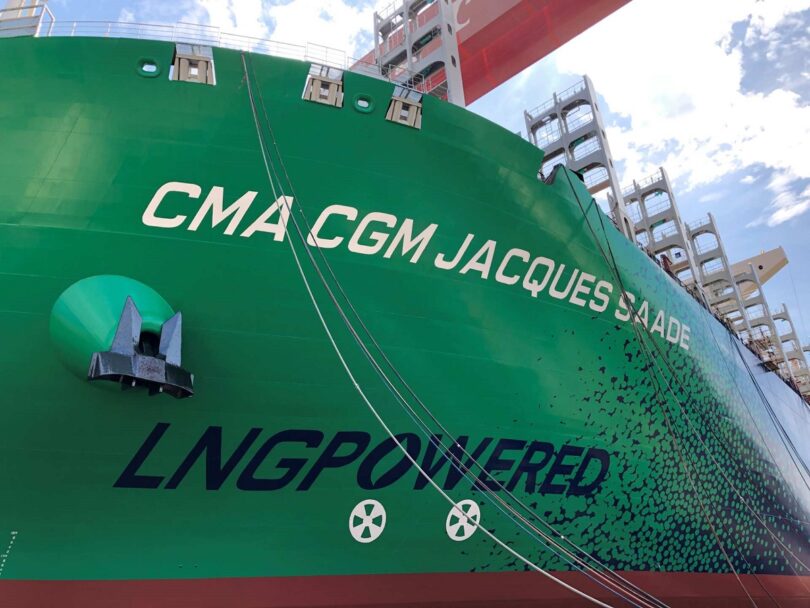On the way to a greener environment…
In the ongoing battle to combat climate change and preserve our environment, industries across the globe are seeking sustainable solutions. The maritime industry, known for its significant carbon footprint, is embracing liquefied natural gas (LNG) as a cleaner and more environmentally friendly alternative to traditional fossil fuels. LNG-powered vessels are revolutionizing the industry, offering a pathway toward reduced greenhouse gas emissions and improved air quality.
The Environmental Imperative:
Environmental protection has become a pressing global issue, with the urgent need to mitigate climate change and protect fragile ecosystems. The maritime industry, responsible for approximately 2.5% of global greenhouse gas emissions, plays a crucial role in this endeavor. Recognizing the need for sustainable practices, industry leaders have turned their attention to LNG-powered vessels as a viable solution to reduce their environmental impact.

Reducing Greenhouse Gas Emissions:
LNG-powered ships offer a significant advantage in reducing greenhouse gas emissions compared to traditional fossil fuel-powered vessels. When burned, natural gas releases fewer carbon dioxide (CO2) emissions, sulfur oxides (SOx), nitrogen oxides (NOx), and particulate matter. LNG emits almost no SOx and produces 90% less NOx compared to heavy fuel oil. The switch to LNG as a marine fuel can help achieve substantial reductions in CO2 emissions, contributing to global efforts to combat climate change.
Air Quality Improvement:
Maritime transport is often associated with air pollution due to the emissions generated by conventional ships. The adoption of LNG-powered vessels can significantly improve air quality, particularly in heavily trafficked port areas and environmentally sensitive regions. LNG combustion produces minimal particulate matter and virtually eliminates sulfur emissions, reducing the health risks associated with air pollution. Furthermore, the lower NOx emissions contribute to improved air quality, minimizing the negative impact on human health and ecosystems.
Preserving Marine Ecosystems:
Our oceans are vital ecosystems, teeming with diverse marine life. The maritime industry has a responsibility to protect these fragile environments. By adopting LNG as a marine fuel, vessels can significantly reduce the risk of accidental oil spills. LNG is non-toxic and evaporates quickly if released into the water, minimizing the ecological damage and facilitating faster cleanup operations. This transition helps safeguard marine habitats, including coral reefs, seagrasses, and fish breeding grounds.
Infrastructure and Investment:
The widespread adoption of LNG-powered vessels requires the development of the necessary infrastructure, including the construction of LNG bunkering stations and the expansion of natural gas supply chains. Governments, port authorities, and private investors must collaborate to create an enabling environment for LNG as a marine fuel. Despite the initial infrastructure investments required, the long-term benefits, both economic and environmental, outweigh the costs. Governments can provide incentives and financial support to encourage the maritime industry’s transition to LNG, promoting a greener and more sustainable future.
Our environment…
In the quest for environmental protection, the maritime industry is turning to LNG-powered vessels as a game-changing solution. With their ability to significantly reduce greenhouse gas emissions, improve air quality, and safeguard marine ecosystems, LNG-powered ships are leading the way in sustainable maritime transportation. The adoption of LNG-powered vessels paves the way for a cleaner and greener future, where our oceans and marine life are protected, and our commitment to a sustainable planet is upheld.
